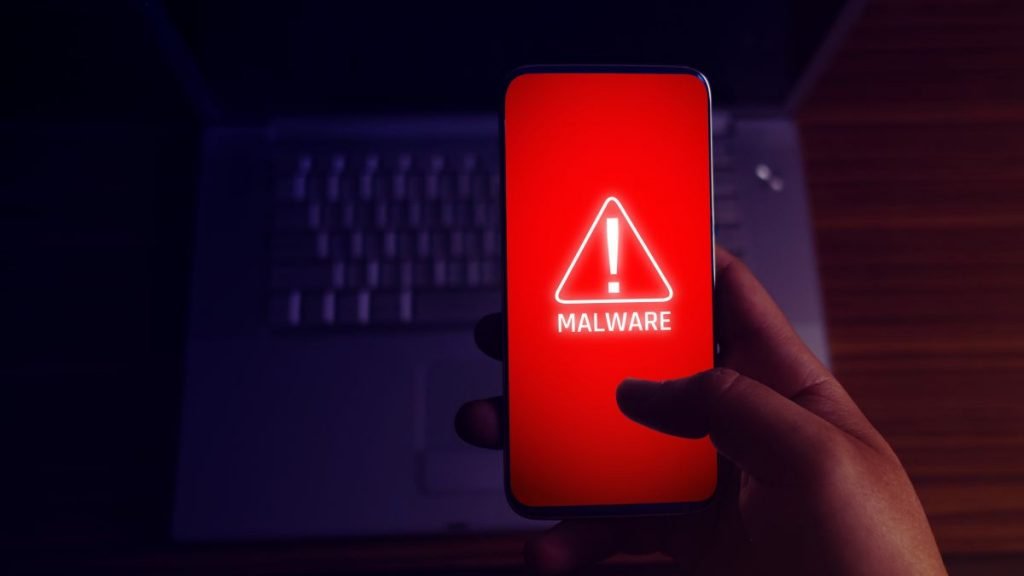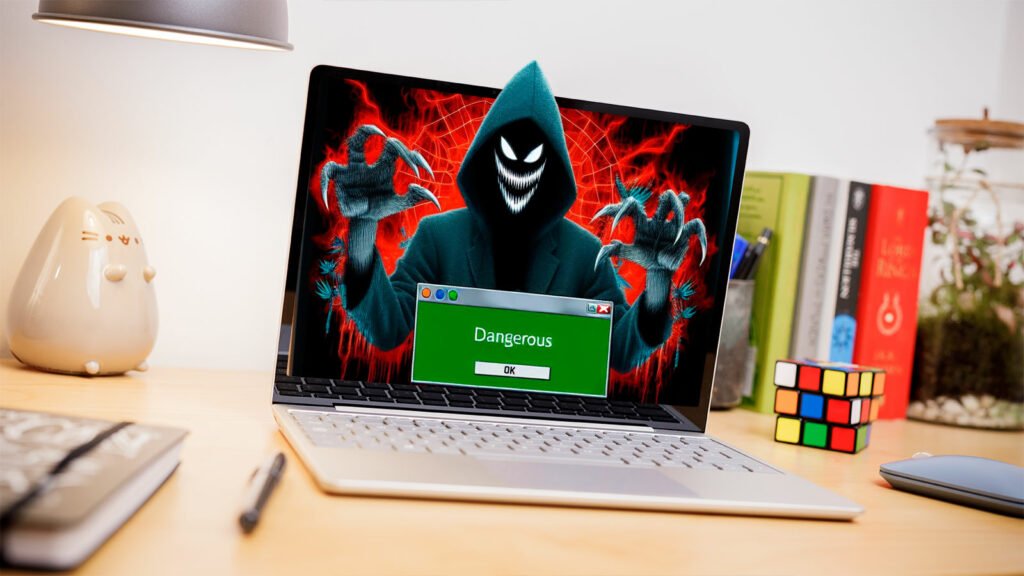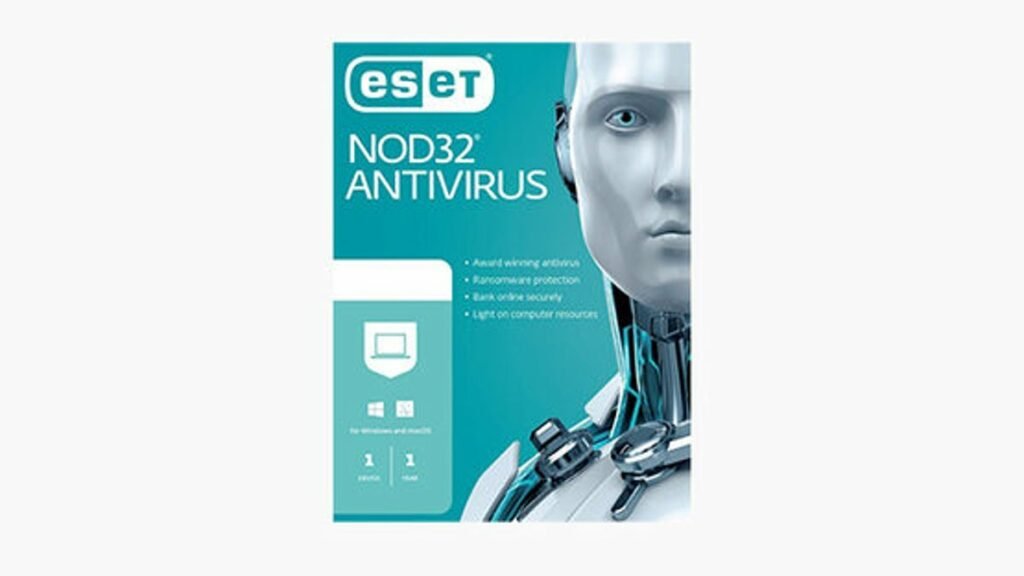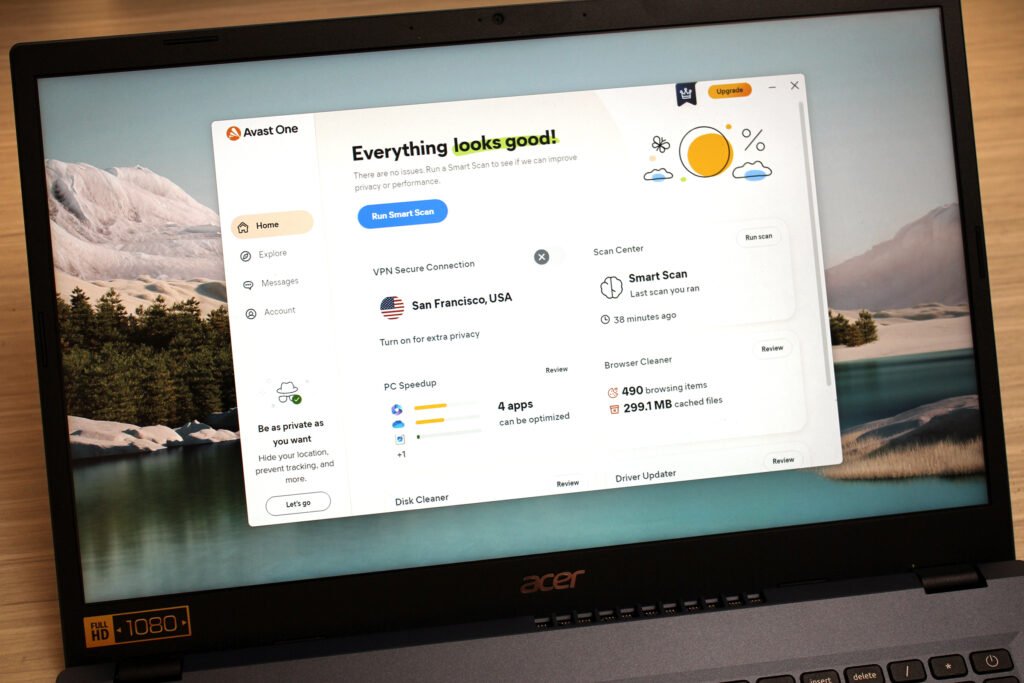What is malware and how dangerous is it?

Malware is a contraction of ‘malicious software’, and is an all-encompassing term for any program designed specifically to attack, damage or compromise a system in some way.
Malware only exists to attempt to exploit your device or personal data in some manner, usually for the author’s own gain – say, for example, stealing your online banking details – but sometimes it effectively represents random acts of virtual violence, such as a virus which just nukes your entire system.
antivirus to protect your PC.
- Looking for even more protection? Grab the best VPN
- Macs could be in danger too – see our Mac antivirus guide
- See why we rate Bitdefender so highly in our testing
Strains of malware
Malware is a broad term, so is often employed very generally to cover anything bad happening to your PC in terms of rogue software that exploits your system in some way.
However, there are different subsets of commonly recognized malware, and we’ll now look briefly at the main offenders (there are other variations out there, too).
The virus (which we’ve already mentioned) is one of the most common types of malware. A virus comes embedded in a piece of software or file, and infects the system when that app or file is run. When that happens, what’s called the payload is triggered – in other words, the bad things that happen to your PC (which you may not even notice, as some effects are designed to be stealthy). Then the virus – as its name suggests – can spread itself to other files, and therefore potentially to other PCs (if those files are transferred).
A worm acts in much the same way to spread itself, but is even more dangerous, because it doesn’t need to be ‘triggered’ by the user (via a file being run) – it automatically propagates itself.
A Trojan is another kind of malware which pretends to be a legitimate program (being named, of course, after the famous Trojan horse). In other words, it’s specifically designed to look like a useful app, but will actually wreak malicious havoc on your system when run; a nasty concept indeed.
Ransomware is even nastier, though, and when unleashed on your PC – either via a file, or a website – it locks your machine (and all your files), threatening to delete everything by a certain deadline if you don’t pay a specified ransom online.
How bad is bad?
On the subject of how dangerous malware is, the short answer is very. As we’ve indicated, some types of malware are particularly nasty, like ransomware which effectively locks up your digital life away from you – and even if you pay the ransom demanded, there’s no guarantee the author of the malware will actually let you have your files back. And if you haven’t backed up your data, then you really are in serious trouble (do remember that there’s some great free backup software out there).
However, any type of malware is seriously bad news generally speaking, and can have all sorts of negative effects on your PC, including spying on you (via a webcam perhaps), stealing your online passwords or other personal data, slowing your PC or internet connection down, or indeed just completely destroying all your files.
So, malware isn’t just dangerous – in fact, it can be deadly, at least to your files and system.
Should I never go online again?
The common thread with all these types of malware is that you contract them online, from either an app or file you downloaded, or a website (often via an email link). Obviously, it’s not an option to never go online again just because of what might happen with malware – but rather, it’s a matter of being aware of potential risks and taking simple precautions.
It’s beyond the scope of this article to go into detail on this, but the basics are that firstly and most importantly, you should use a good antivirus app (there are capable free antivirus products out there, or even Windows Defender is a solid enough proposition now and it comes built-in with Windows 10 by default, so even the terminally lazy don’t have any excuse for not using something).
Secondly, be very careful what you click on. If there’s a link on a social media site which seems suspicious, don’t follow it. If you have any doubts about a link sent to you in an email, or you’re worried about a dodgy-looking email attachment, again – leave it well alone. Be wary of anything that’s labeled as ‘urgent’ or seems to be demanding that you click it, and don’t forget, if you’re not sure about something, you can always check with the sender if the email is genuine or not.
Finally, always download software from an official store (like the Microsoft Store for Windows 10 PCs, for example, or Google Play with Android), or the maker’s website wherever possible. Don’t use any remotely suspicious-looking website or third-party store (at the same time, don’t think that official stores are bulletproof for malware – but they are far less likely to have been compromised).
What about my business?
Malware can be hugely damaging to businesses as well as individuals. Hackers often use malware to try and gain entry into an organisation’s systems or networks, from where they can access valuable data to steal and sell on. Companies can face targeted attacks via malware that can cripple their systems, causing outages that could cause technical and financial damage.
To stay safe, businesses must ensure they have a full security suite offering installed that includes the latest up to date malware protection. This must be updated regularly, as hackers often switch up their tactics to take advantage of the latest threats.
What is malware and how dangerous is it?
Malware or
Be the first to write a comment.








